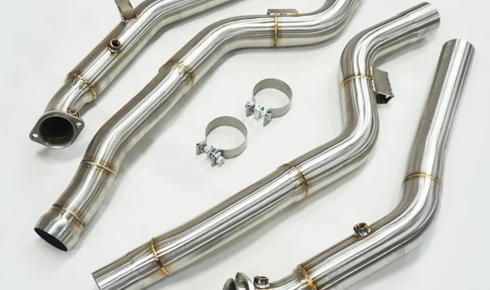In today’s fast-paced automotive market, many consumers turn to professionals to help them find the perfect vehicle without the stress of haggling or dealership visits. That’s where an autobroker comes in. An auto broker acts as a middleman between car buyers and sellers, using industry knowledge and connections to secure the best deals. Whether working independently or through a dealership, these professionals provide a convenient, cost-effective car buying experience.
What is an Auto Broker?
An auto broker is a licensed professional who helps clients purchase, lease, or finance vehicles. Unlike car dealers, brokers do not typically keep a stock of cars. Instead, they search for the desired make and model on behalf of the client, often leveraging a network of dealerships and auctions. This allows brokers to offer competitive pricing and access to vehicles that may not be available locally.
Auto brokers are especially helpful for clients who are short on time, unfamiliar with the car-buying process, or simply want to avoid the high-pressure environment of a dealership. In many cases, auto brokers can also assist with trade-ins and financing, making the process seamless from start to finish.
Auto Broker Endorsement
To operate legally in most states, an auto broker must obtain a license and, in some cases, a specific auto broker endorsement. This endorsement is typically added to an existing car dealer license and certifies that the individual is authorized to act as a broker. Requirements vary by state, but generally include background checks, completion of a licensing course, and submission of a formal application with the Department of Motor Vehicles (DMV) or equivalent agency.
The endorsement process ensures that brokers understand the laws and ethical standards surrounding car transactions. It also helps protect consumers from fraud or unethical practices. In California, for instance, a broker endorsement must be added to a dealer license if the broker is to legally negotiate sales between buyers and sellers.
How to Get an Auto Broker License
Acquiring an auto broker license involves several important steps. First, you’ll need to determine your state’s specific licensing requirements. This typically involves completing a pre-licensing course, passing a written examination, and undergoing a background check. You’ll also need to secure a business location that meets state guidelines and obtain a surety bond to protect clients financially.
Applicants are often required to submit a business plan, fingerprints, proof of insurance, and various application fees. Once approved, brokers are granted a license that allows them to legally assist customers with vehicle purchases and sales.
Some states offer separate licenses for auto dealers and auto brokers, while others combine them. Regardless of the setup, ongoing compliance with regulations and continued education may be required to maintain your license.
Auto Broker Dealer License
In many states, an auto broker must also hold a auto broker dealer license to fully operate. This license permits the broker to not only negotiate vehicle transactions but also to buy and sell cars for profit. Having a dealer license can significantly expand a broker’s business opportunities, allowing them to engage in wholesale and retail sales, attend dealer-only auctions, and offer additional services.
To obtain this license, applicants usually need to meet more stringent criteria, including higher insurance coverage, a more secure business location, and additional financial documentation. Though the process can be complex, the benefits of a dealer license make it a valuable asset for any serious auto broker.
Conclusion
Becoming an auto broker is a lucrative and rewarding career path for individuals passionate about the automotive industry and helping others. With the right licenses and endorsements in place, brokers can build a trusted business that meets a growing demand for expert vehicle purchasing services. Whether you’re looking to start a new venture or expand an existing dealership, understanding the ins and outs of licensing is crucial to long-term success.


